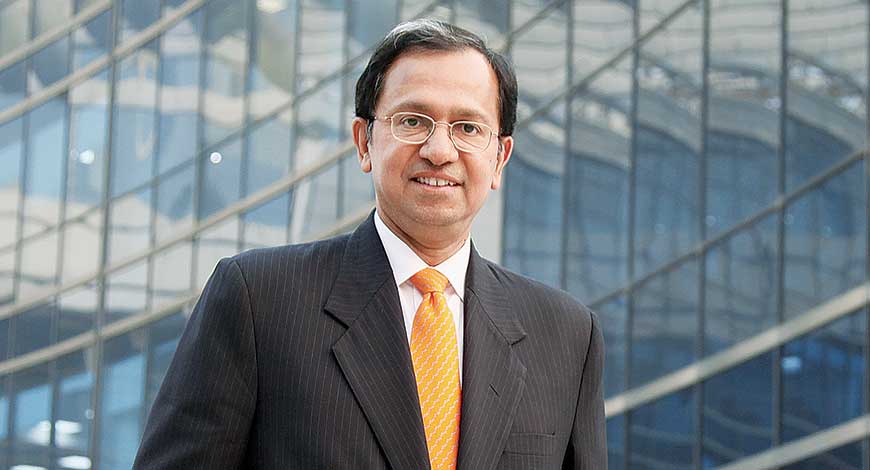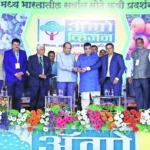
Suresh Narayanan, CMD, Nestlé India, on increasing digitalisation in management education, navigating ambiguous situations in a dynamic business environment and the need to mould India’s workforce to address its talent requirements.
India’s management education institutions have consistently produced bright and capable talent excelling in technology, operations, finance and marketing. India’s business school graduates are second to none. However, my experience has revealed a crucial gap that traditional education alone cannot fill — the ability to manage crises and navigate ambiguous situations.
The business environment has multiple stakeholders — investors, consumers, and regulatory environment who ask for your attention to what is important to them. The ability to assimilate their voices and do it seamlessly in a world that is getting increasingly complex and volatile is becoming a significant challenge for organisations today.
A Collaborative Effort
India’s talent requirement is going to grow dramatically. We are becoming more digitised, so digitalisation has become imperative in the curriculum of management education and all academic fields. I find a high degree of awareness, interest, and ambition among the new generation to use newer technologies.
With the government’s thrust on manufacturing, we are poised to become a centre for global manufacturing excellence. This means that white-collar and blue-collar operators will be in great demand. Here, I feel a role needs to be played by the government, the Department of Skill Development, and corporates.
Moulding The Workforce
Take, for example, our plant in Sanand, Gujarat. It has almost 60 per cent female operators. It is our largest gender-diverse factory that we have set up. Our team identified and trained the talent for this plant more than a year before the operations started. We recently announced our 10th plant in Orissa, and again, we intend it to become a majorly female-run plant. Our teams are already on the ground. So, the preparation to mould the talent in our country needs to be done in advance.
The raw material in the form of the workforce in our country is excellent. They need training on the more sophisticated and newer technologies that can help in the manufacturing process. This is where, I feel corporates will play an important role.
Productivity Is The Key
I believe India needs productive, committed, passionate and dedicated people. Irrespective of age, all citizens should think of how they can contribute productively and sustainably to raise the level of the country’s prosperity. If somebody is productive, educated, agile, and receptive enough and decides to give high-quality, sustained output over a shorter period, then the whole 70-hour work week is not much of an issue for me.
Excerpts of the keynote at the 3rd Dr Pritam Singh Memorial Conference in New Delhi

















